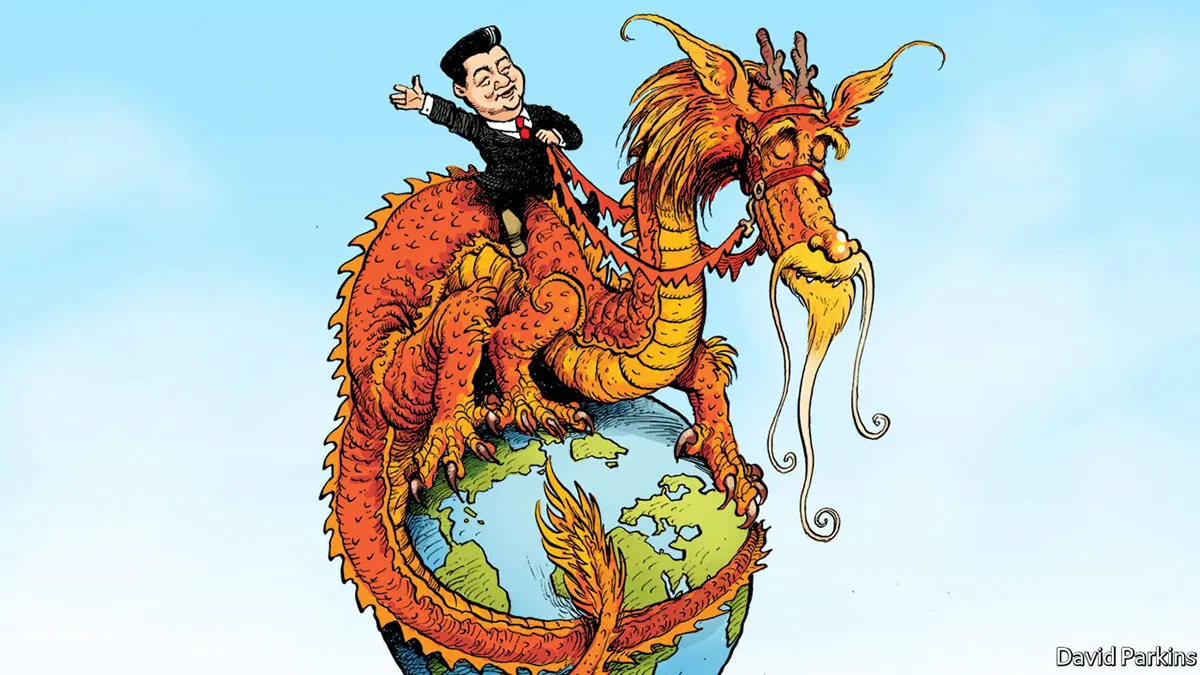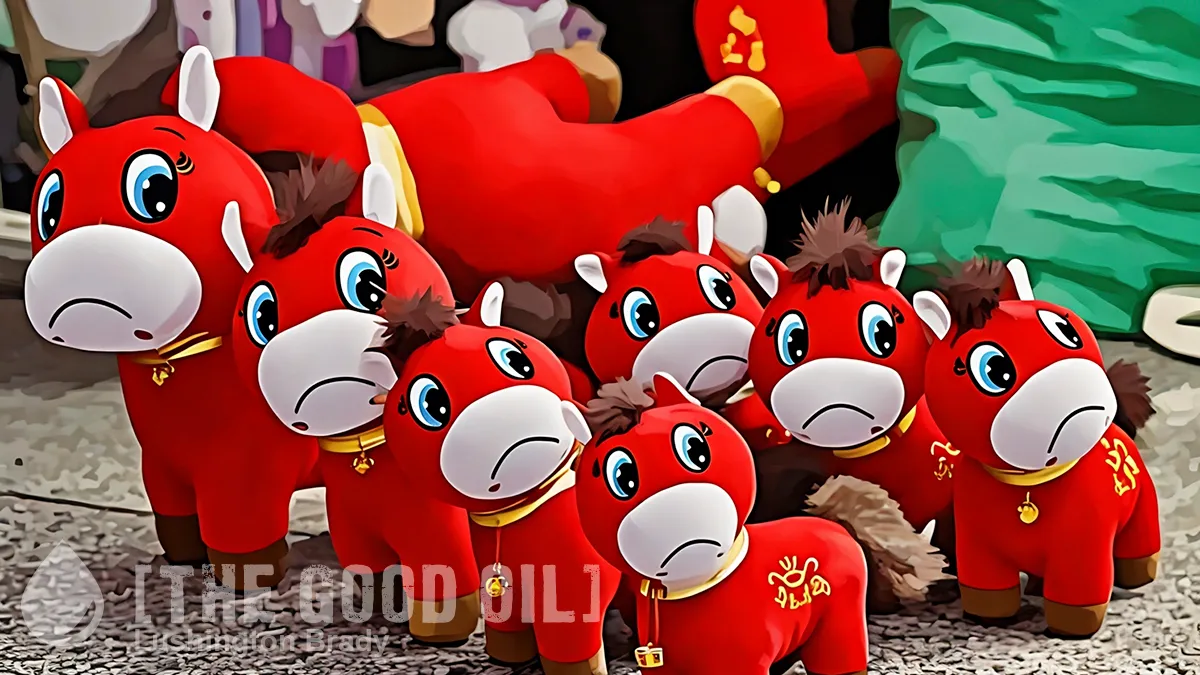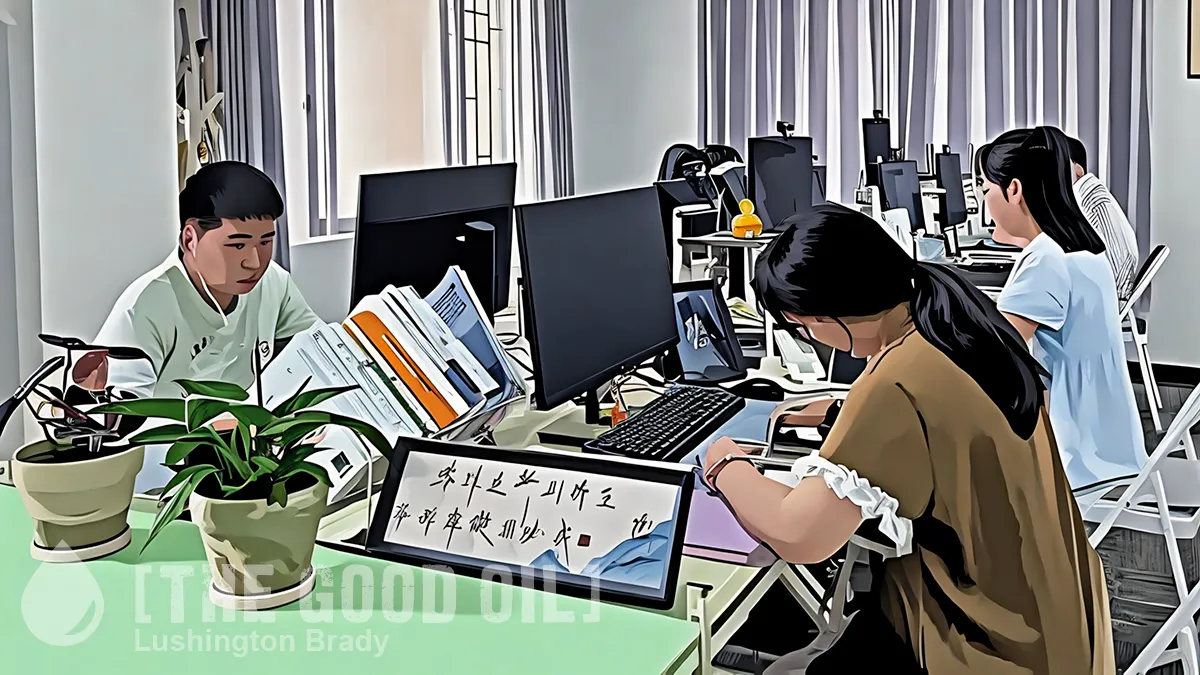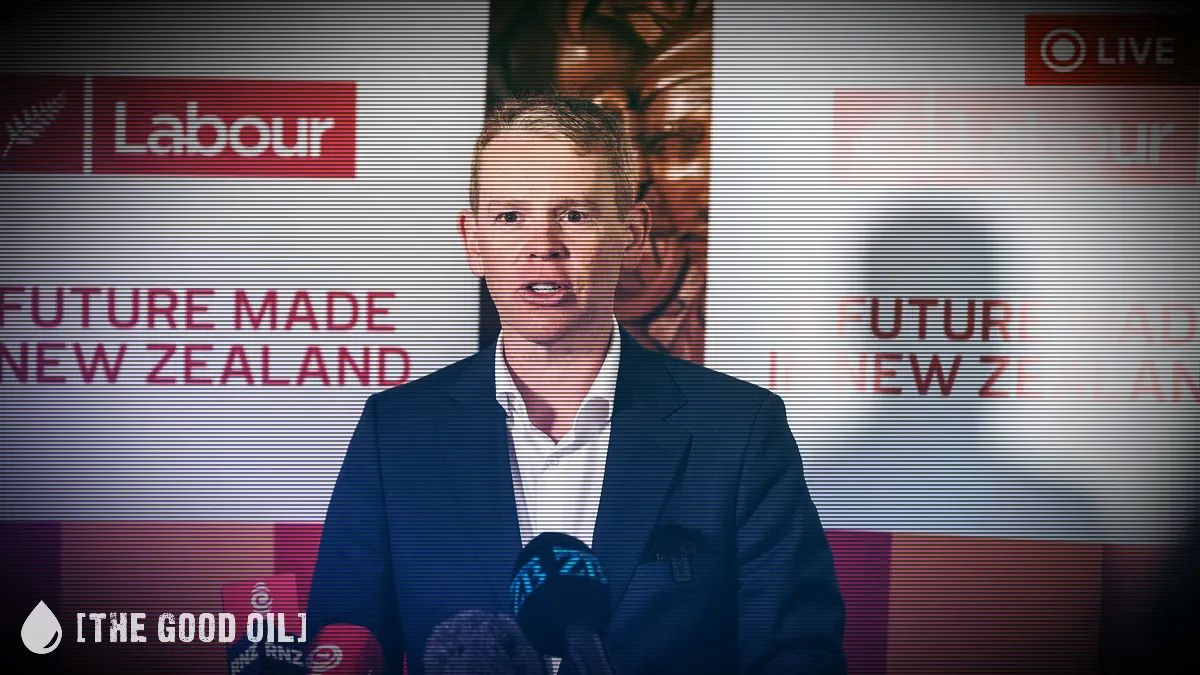Table of Contents
For the past decade and more, we’ve been regularly treated to gushing commentary about China’s “economic miracle”. But, every time I’ve heard some economist babbling about “X% growth”, my first thought has been: That’s if you believe the Chinese Communist Party.
The first thing anyone must keep in mind when talking about China is the iron grip the Party keeps on information. In his Mao’s Great Famine, historian Frank Dikotter notes that the Party still keeps much data under lock and key — even photographs from the period of the Great Leap Forward are still restricted to a handful of propaganda pictures.
So, any analysis of China’s economy is necessarily constrained by what the CCP wants you to know.
Still, it can’t be denied that China suddenly has an awful lot of money to splash around the world. But, like all socialist states, is it all just a paper tiger, ready to fold at the slightest puff?
China is not only being hit by the Omicron variant of Covid but its property development mess is much deeper than the well-publicised problems of Evergrande. A lot more developers are on the brink of collapse and their difficulties compound the problems of many of the local Chinese governments and the banking system. A very large proportion of Chinese wealth is in property.
Is anyone else thinking, “GFC”?
The difference there, of course, is that the US is at least a free-ish economy. The genius of capitalism is not that it is infallible, but that it creates the conditions to quickly recover from inevitable crises. China is not a free economy, let alone a society.
This comes at a time when the communist party is restricting Chinese freedoms, discouraging the display of wealth and making fundamental changes to the education system while curbing the role of the gaming industry which has been propelling Chinese technology.
Even in a totalitarian regime like China to implement such fundamental changes requires community prosperity as the trade-off. The alternative to delivering prosperity is to rally national unity via military action which is China’s case would be the invasion of Taiwan.
That may still happen but at least for the moment China has reverted to the strategy that it has always embraced when threatened with an economic reverse – it stimulates its economy with lots of spending on infrastructure and rescues of troubled enterprises.
The problem with such a strategy is that the money has to come from… somewhere.
No wonder Xi Xinping is suddenly importuning the US to keep bond rates low and the Biden-struck economy alive.
China needs a strong US economy to boost its exports and help it through this difficult economic time so Xi wants a lid on official rates so American demand for Chinese goods remains strong. It also wants the US to reduce the protection mechanisms that were introduced in the Trump era […] China is now stimulating and that will maintain strong demand for our iron ore coal gas and agricultural products.
The biggest mistake Australia could make right now is to be blinded by greed and suddenly forget the past year and more of economic bastardy from China. China has made brutally clear in just what regard it holds its trading partners. These are not lessons that should be forgotten in a hurry.
But then comes the wild card – the Microsoft plan to buy video game company Activision Blizzard
The Australian
I’ve written about this elsewhere: what needs to be noted is how this deal would send Microsoft nipping at the heels of Chinese company TenCent for the crown of the World’s Biggest Tech Company. More importantly, it threatens to send the West sprinting ahead of China on a new tech development. A development, moreover, that is (at least for now) not hamstrung by a Great Firewall.
Xi knows perfectly well that China has a scant few years to achieve his dream of global hegemony. After that, it will quickly run out of working/fighting-age people and money and fade back into history’s back pages.
No wonder he’s worried.









